2022 went down in the history of astronautics as a record year. During the year, 186 orbital launches took place. This is the highest number for the entire space era.
Space records of 2022
As for number of launches the USA won the top place. And to be more precise the SpaceX Company did it. In total, in 2022 there were 87 launches of American carriers (taking into account the missions of the Electron rocket launched from New Zealand’s Mahia Peninsula). And 61 of them were performed by SpaceX. In 2022, the company carried out 60 launches of the Falcon 9 rocket (which became a new record for it) and 1 launch of the Falcon Heavy rocket. 58 Falcon 9 flights were accompanied by the return of the first stage. All of them were successful.
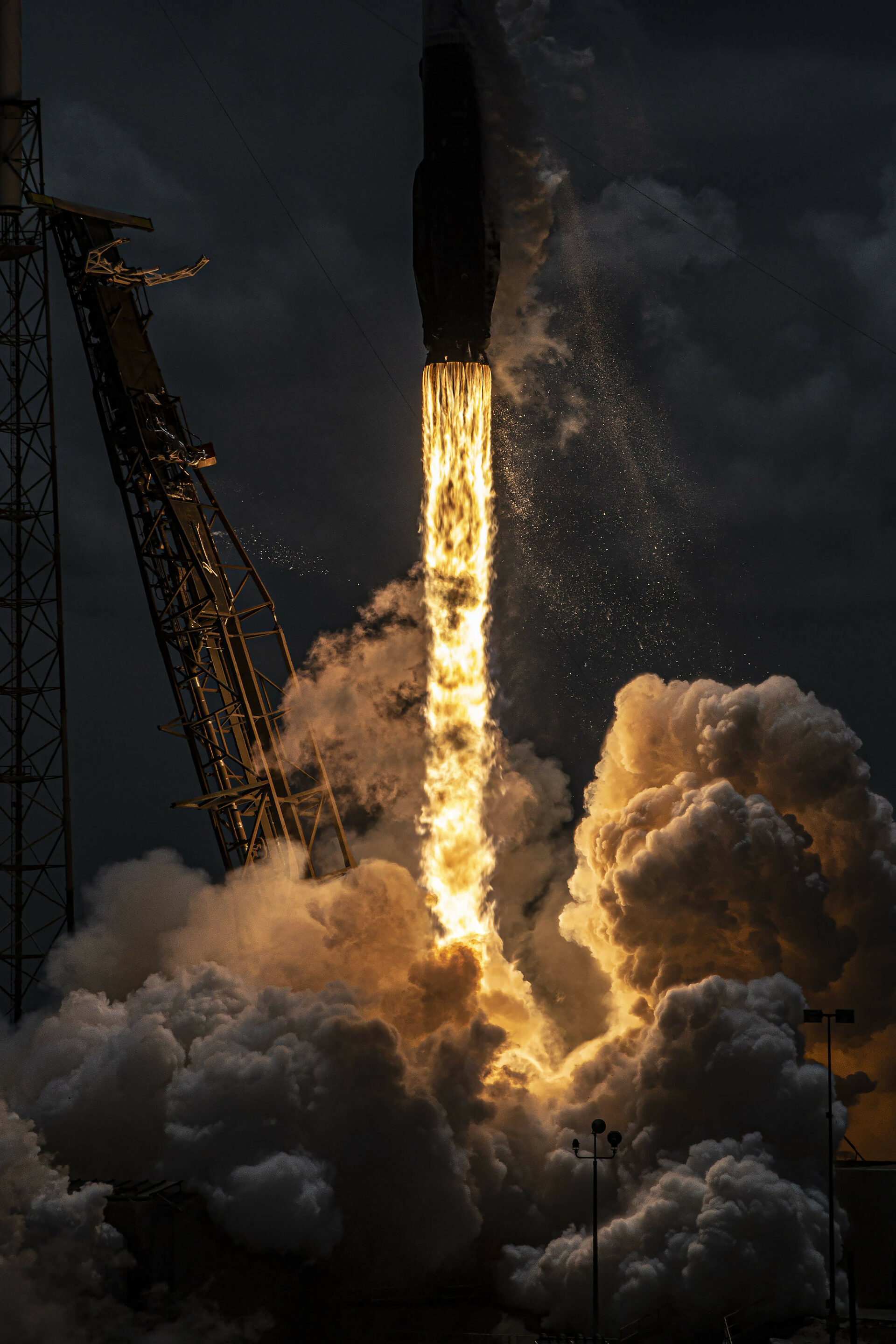
2022 was also a record year for the American-New Zealand Company Rocket Lab. It performed 9 launches. The ULA alliance, which until recently dominated the American launch market, was satisfied with only 8 launches this year.
The second place for the year was taken by China, which carried out 64 orbital launches. So, Celestial Empire renewed the national record set last year.
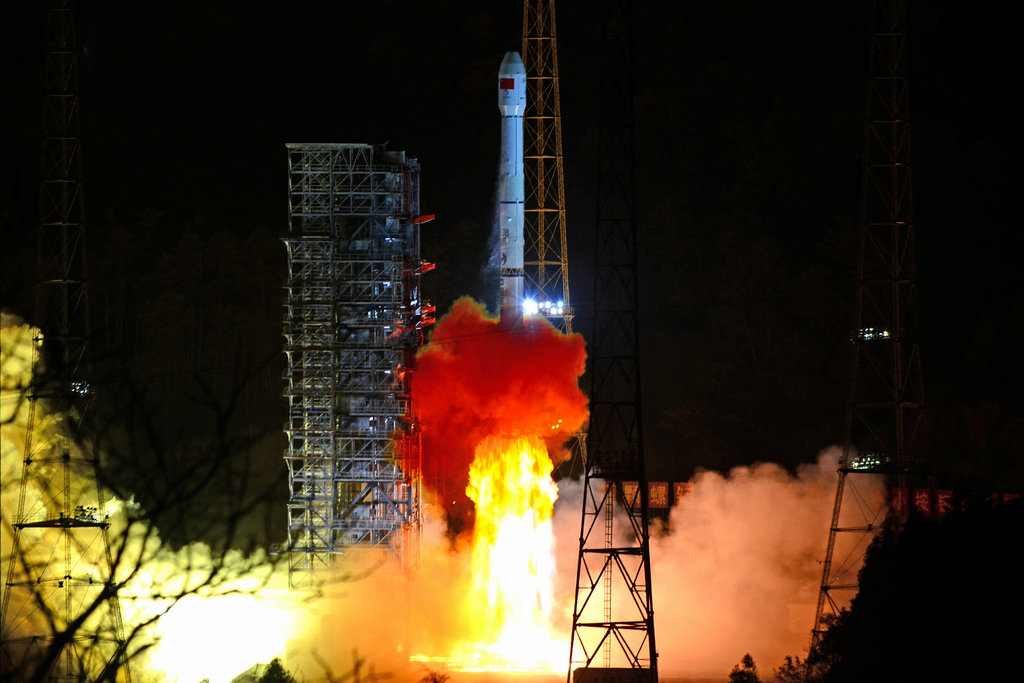
Russia carried out 22 launches (including one Soyuz launch from the Kourou Cosmodrome). As for the rest of the countries, the European Union and India had five launches each, while Japan, South Korea and Iran each had one orbital mission.
Space accidents of 2022
2022 was marked by a number of accidents. Seven rockets never managed to reach orbit. Some of the failures were due to small rockets built by private companies. Astra company was the most unlucky. Two of the three its Rocket 3.3 launchers crashed. Because of this, Astra Space announced the refusal of further operation of this line of rockets. Instead, the company will focus on developing the more powerful Rocket 4 launch system, which is expected to begin operation in 2024.
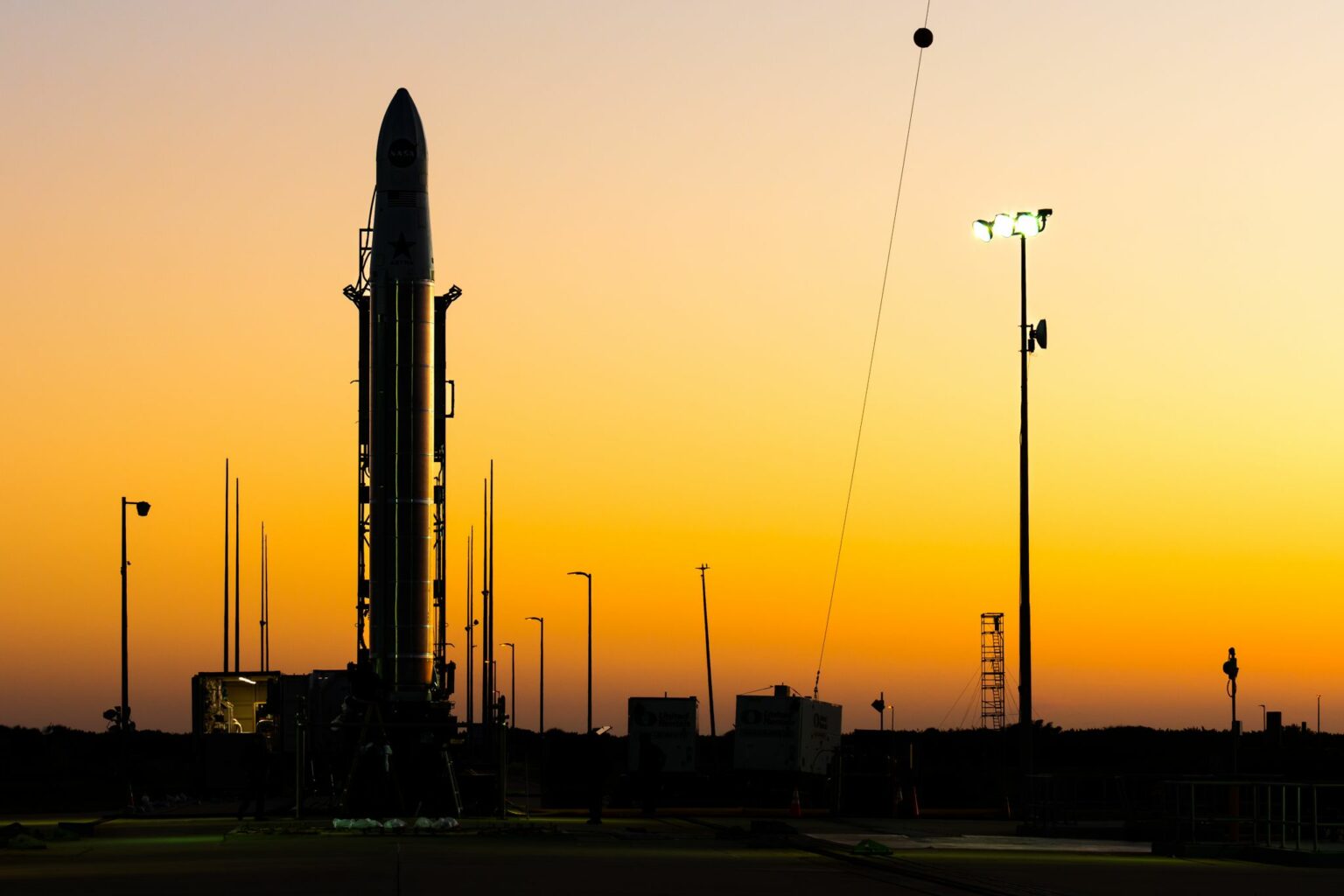
Failure befell the Chinese startup i-Space, which once again tried to launch a light rocket Hyperbola-1. The debut launch of the Zhuque-2 methane rocket also ended deplorably. Had it managed to reach orbit, the Chinese company Landspace would have written its name in all the handbooks of cosmonautics.
But failures did not only happen to private companies. Japan’s only orbital launch of 2022 ended with an accident. Due to a malfunction of the third stage of the Epsilon rocket, the ground control had to activate the self-destruct system. The debut launch of India’s new SSLV rocket and the second launch of the light European Vega-C rocket also failed.
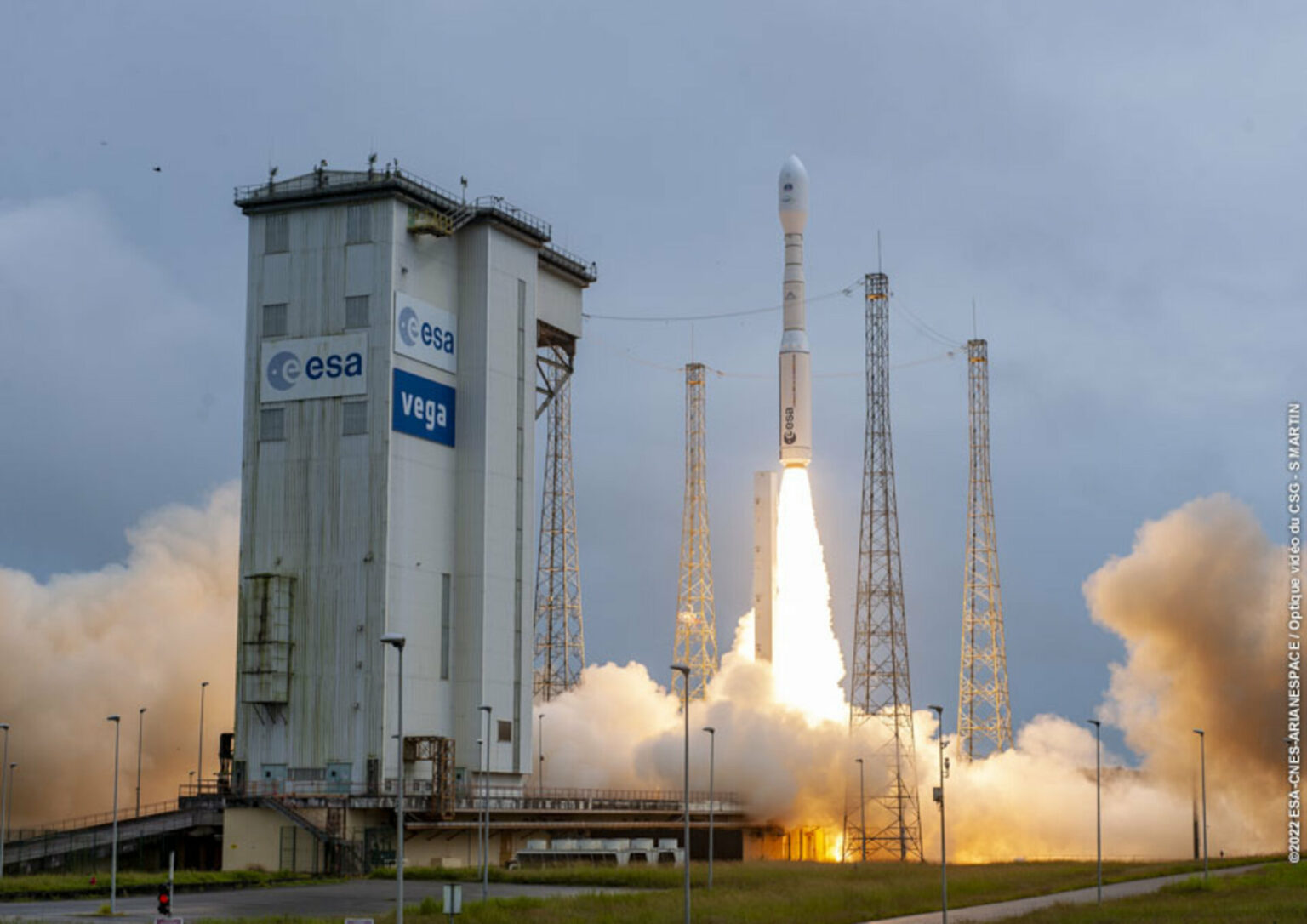
The launch of the Alpha rocket, created by the Firefly company, was not completely successful. The rocket managed to put the satellites into orbit, but its height was lower than the target one.
Formally, 2022 has become accident-free for Russia. But at the same time, some satellites showed a stubborn unwillingness to stay in orbit. For example, the space probes Kosmos-2555 and Kosmos-2560 burned up in the atmosphere only 56 and 19 days after launch, respectively. Also, it is impossible not to mention the leakage of coolant from the Soyuz MS-22 spacecraft, which raised the question of the possibility of its further operation.
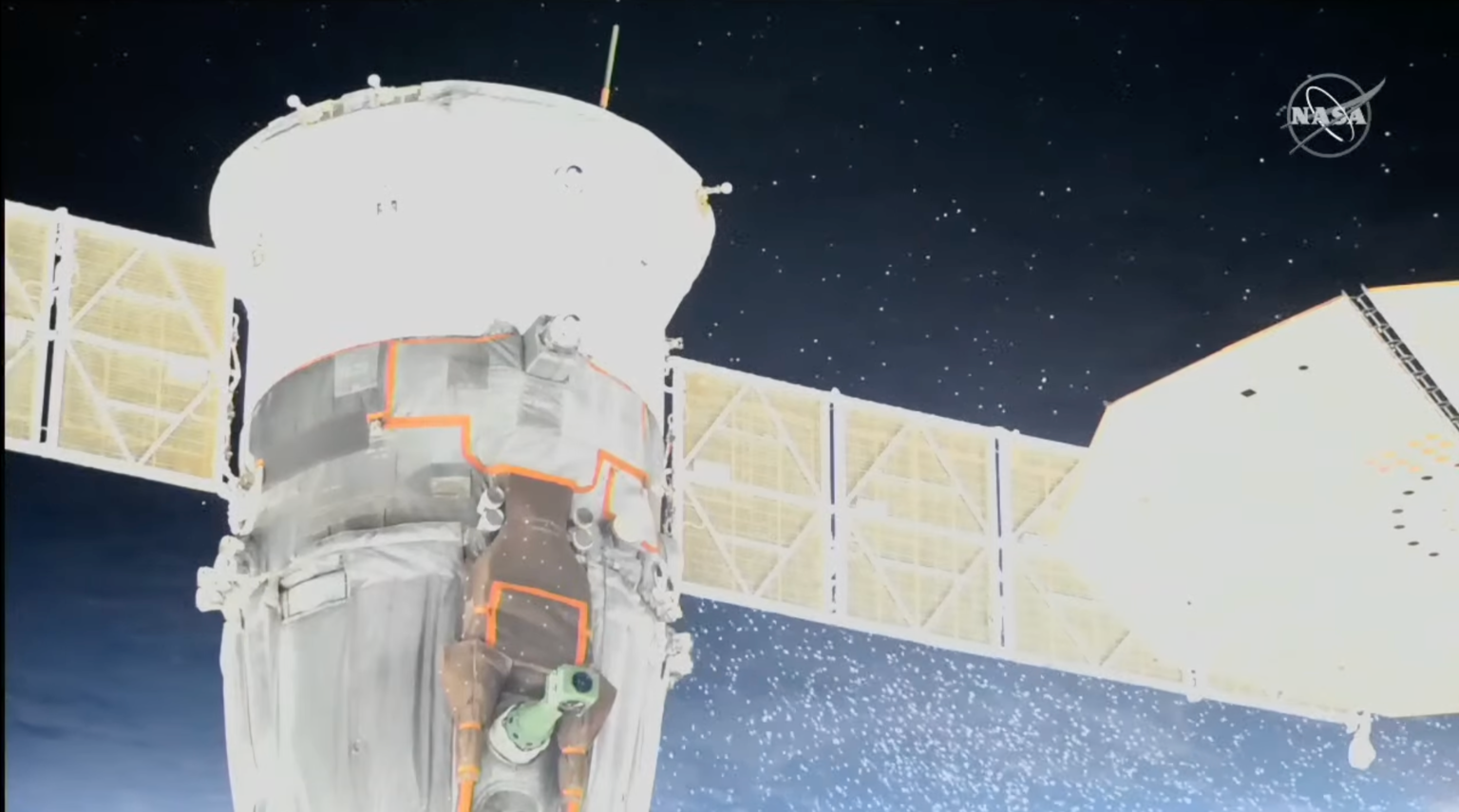
In conclusion, it is worth mentioning the accident of the New Shepard ship. Of course, this system is not designed for orbital flights. But still, its accident will clearly affect the space tourism market.

